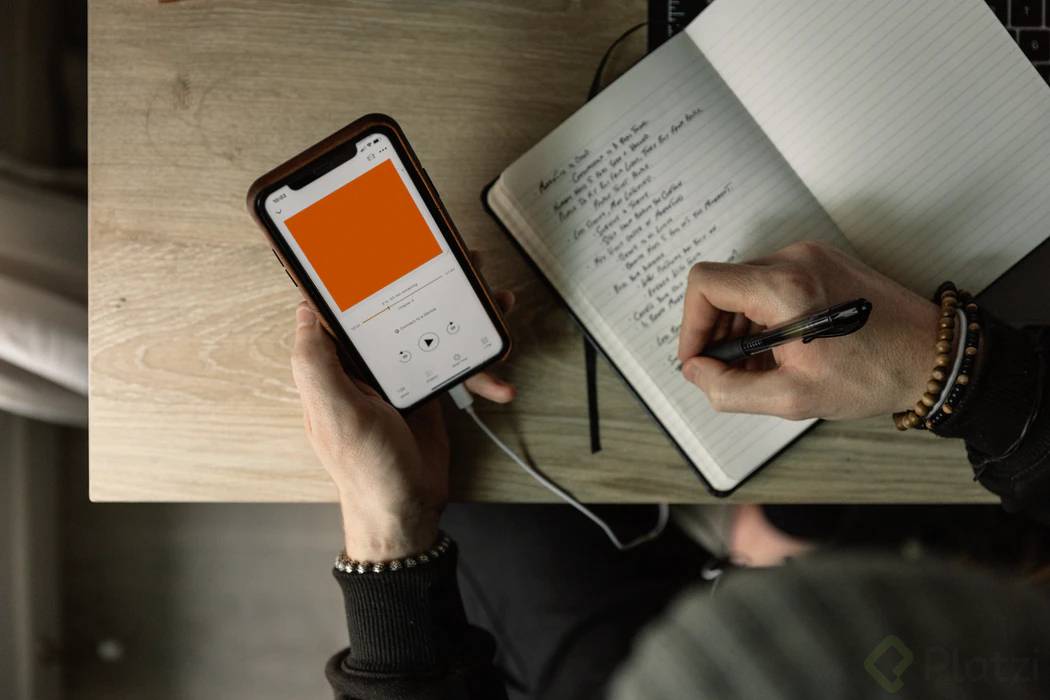“I speak English, but I have difficulty understanding native speakers”. Many of us have felt this way before, and this happens because there are some sounds in English that we are not familiar with. In addition, there are many sounds in English that are similar, but mispronouncing or misunderstanding them can change the meaning of an idea completely.
In the latest episode of Speak English, a podcast by Platzi English Academy, our teacher Elena teaches us the difference between two similar vowel sounds: /i/ as in leave and /I/ as in live. Are you ready to take your pronunciation to the next level?

/i/ as in leave
The sound /i/ as in leave, team, and free is the same sound we find in the first letter of the Spanish words: importante or inteligente. Your lips must be slightly smiling, tense and not rounded. Your tongue must be firm, high and far forward near the roof of the mouth.
Some common spelling patterns for this sound are:
- ee as in feel and see.
- ea as in reach, mean and sea.
- ie and **ei **as in belief, piece, neither and receive.
- final e as in me, we, she, he.
- e + consonant + e as in these, Chinese, Peter.
- final “y” as in City, duty, country, ability.
- endings with “ique” as in unique, boutique, critique.
/I/ as in live
It’s the sound /I/ as in sit. To make this sound, your lips must be slightly parted (open), and relaxed. Your tongue must be relaxed too, high, but not as high as for /i/. The sides of the tongue touch the upper back teeth.
Common spelling patterns for this sound are:
- i as in give, this, dinner.
- ui as in build, quit, quick, guilty.
- y between two consonants as in system, gym, symbol.
- some exceptions like been and women ( the “o” is an /I/ sound).

Word contrasts
Listen to our podcast episode and practice these word pairs with some of your dearest English teachers, Cesar and Elena.
- Leave and live
- Feel and fill
- Least and list
- He’s and his
- Sleep and slip
- Cheap and chip
- Beat and bit
- Steal and still
- Each and itch
- Seek and sick
- Feet and fit
- Sheep and ship
We want to take your pronunciation skills to the next level. Platzi English Academy is your effective online English School. Start now with our basic English Pronunciation Course.
Can you make some sentences using these words? Write below in the comments.









